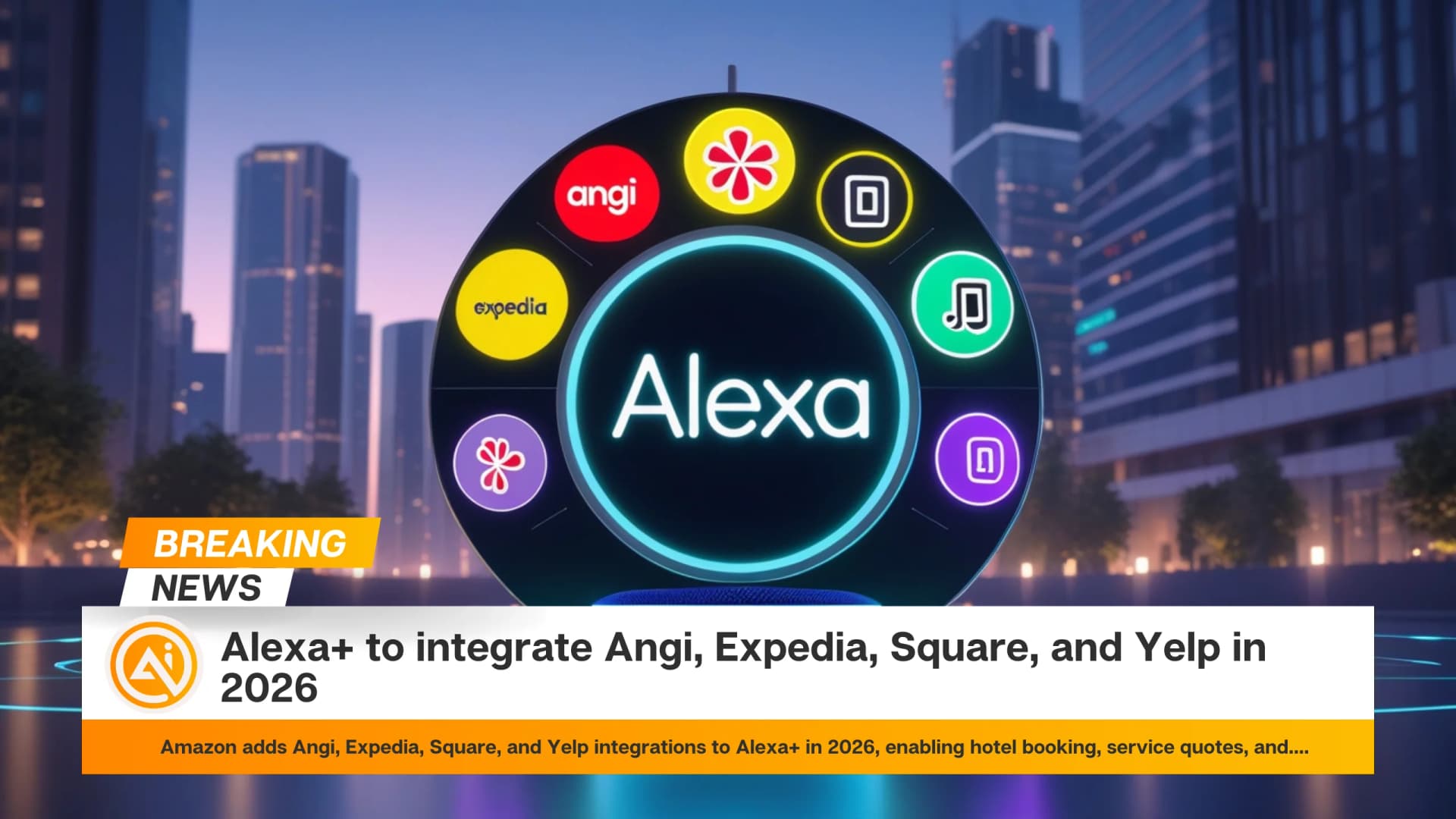Deepseek’s AI model is regarded as “the best work” from China, according to Demis Hassabis, CEO of Google DeepMind, though he also noted that the excitement surrounding it might be overstated. In a recent event in Paris, Hassabis acknowledged the impressive engineering behind Deepseek's model, which was highlighted in a research paper released last month.
The paper claimed that Deepseek's model was trained at a significantly lower cost compared to leading AI companies, using less sophisticated Nvidia chips. This claim caused a drop in tech stocks and initiated discussions about whether major tech companies are overspending on AI infrastructure.
Despite his admiration, Hassabis stated that the advancements presented by Deepseek do not introduce new scientific breakthroughs, as the techniques employed are already well-known. He emphasized that while it's an impressive achievement for China, the claims regarding cost-efficiency and chip utilization have been questioned by experts who believe that the actual development costs may be higher than reported.
Meanwhile, Hassabis pointed out that Google’s latest model, Gemini 2.0 Flash, demonstrates greater efficiency than Deepseek's offering.
The conversation then shifted to the future of artificial intelligence, particularly regarding the potential arrival of artificial general intelligence (AGI), which refers to AI that surpasses human intelligence.
Hassabis expressed optimism, suggesting that we may be just five years away from achieving a system that possesses full cognitive capabilities akin to those of humans. He stressed the importance of preparing society for the implications of AGI, advocating for a balance between utilizing its benefits and mitigating associated risks.
His views resonate with other leaders in AI, including OpenAI's Sam Altman, who believes the path to AGI is clearer than ever. However, concerns persist among experts about the potential loss of human control over advanced AI systems.
